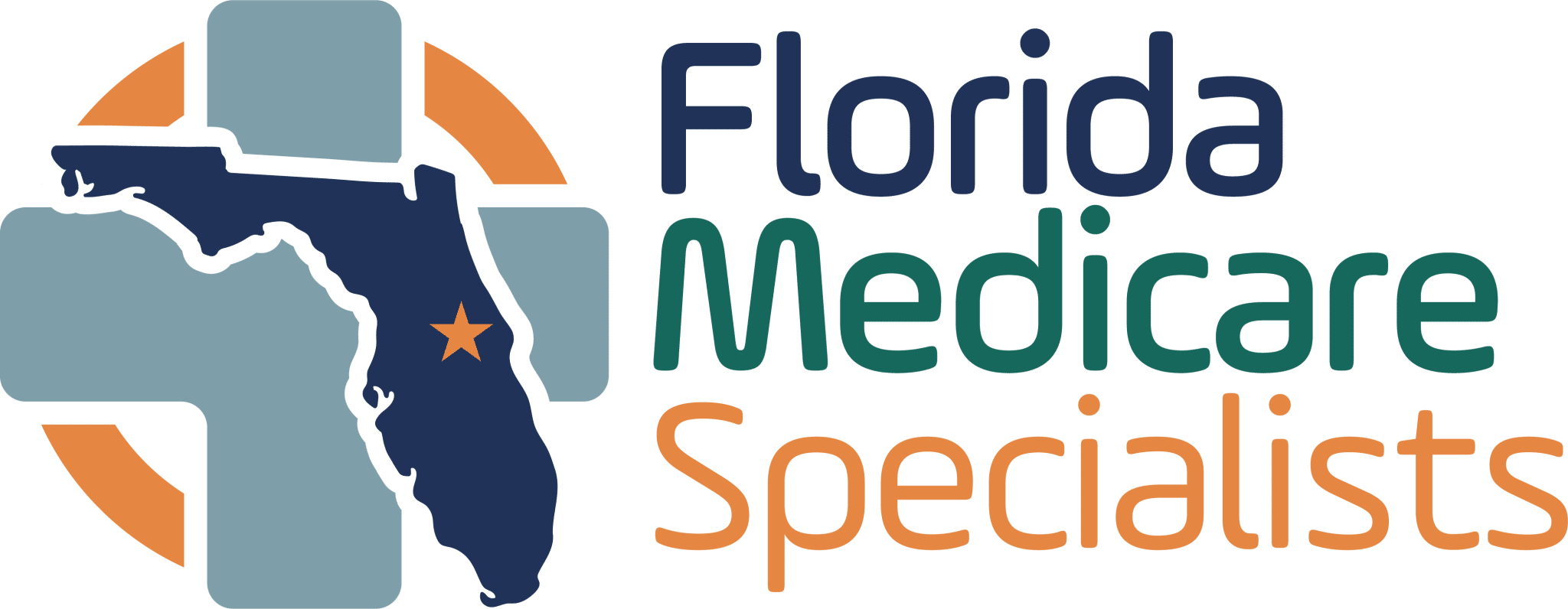
In August of 2022, Congress passed the Inflation Recovery Act. While there are several important changes to Medicare Part D in this legislation, most of the changes will not take effect for two to three years. Therefore we can’t actually know the full impact of the IRA on Medicare prescription drug costs.
We can however discuss the implied impact.
First, let’s examine the two changes that went into effect on January 1, 2023: 1) Requiring Vaccine Coverage in Medicare Part D and 2) Capping Insulin Cost-Sharing in Medicare. Each of these will impact out of pocket prescription drug costs for seniors who incur these expenses.
Starting in 2024, more changes will take effect that can help lower prescription drug and healthcare costs for seniors.
Vaccine Coverage in Medicare Part D
Beginning in 2023, Medicare Part D plans are required to cover all adult vaccines recommended by the Advisory Committee on Immunization Practices without cost-sharing or the application of a deductible. For clarity, this applies to stand-alone Part D plans (PDP) as well as Part D coverage included in Medicare Advantage Plans (MA-PD).
Keep in mind that this provision applies to vaccines that are covered by Part D only; vaccines covered by Part B are not affected by this provision.
For a complete list of these covered vaccines please visit this CDC list.
Disease prevention, or mitigation of symptoms, is increasingly important for our senior population, as evidenced with COVID-19. Removing cost as an issue removes a primary reason some seniors may decide against getting vaccines.

Capping Insulin Cost-Sharing in Medicare
For 2023 through 2025, the bill caps beneficiary cost-sharing at $35 a month for PDP and MA-PD covered insulin products. Although this provision of the law suggests it creates this benefit, it simply adopts the current “Senior Savings Model” insulin program, which started January 1, 2021, and guarantees it until the end of 2025.
By whatever name, this program is very valuable to any senior relying on Medicare prescription drug plans for the purchase of insulin to treat diabetes. The $35 monthly cap on cost-sharing, which most seniors will recognize as a co-payment, will apply to all stages of PDP or MA-PD coverage (deductible stage, coverage stage, gap/donut hole, and catastrophic stage).
So, year-round senior cost sharing will be $35 per month. Although this will not prevent reaching the donut hole, it will provide a reliable, reasonable year-round monthly cost-share cap for covered insulin prescriptions.
If you are prescribed insulin to treat diabetes, please be sure you carefully examine your plan’s Evidence of Coverage (EOC) and the List of Covered Drugs (sometimes referred to as the Plan Formulary) to make certain your specific insulin is covered. These documents will clearly explain the insulin products, by specific name, that your plan covers under this new cost-sharing arrangement.
Future Impact of Inflation Recovery Act on Medicare
While the monthly cap on insulin and vaccine coverage went into effect in 2023, other changes will take effect in coming years.
Beginning in 2024, if your prescription drug costs force you to reach the catastrophic phase, you will no longer have to pay cost-sharing toward your meds in that phase. Also beginning in 2024, assistance for people of low incomes will be expanded to individuals earning less than 150% of the federal poverty level.
Starting in 2025, there will be a yearly cap of $2,000 on your out-of-pocket costs for prescription drugs, and you will have the option to pay your prescription drug costs monthly rather than all at once.
The Inflation Recovery Act also empowers Medicare to negotiate with drug companies to lower prescription drug costs and prevents those companies from raising prices in excess of inflation.
How the Inflation Recovery Act Affects You
Understanding this provision of IRA has the potential of saving each senior an average of $446 annually, according to government estimates. There may be situations where the savings may be greater, so please do whatever is necessary to determine what you can do to take advantage of this important change in Medicare Part D.
There is an adage in sales and marketing known as “KISS.” Translated it means Keep It Simple Stupid. As best I can, I applied that advice to this content in hopes of helping you better understand the parts of the law that change Part D now, and the changes that are upcoming.
If your Medicare eligibility is coming up and you’re unsure of what’s the best coverage for you, reach out to Florida Medicare Specialists, and we’ll guide you in the right direction.







